From the speeches of political parties to the daily lives of voters, Gorkhaland does not echo anymore in the Darjeeling hills. What resonates, again and again, is the fear of another lockdown, and what it will do to an economy revolving around tourism.
Standing beside the iconic Batasia mountain rail loop of the Darjeeling Himalayan Railway, Bishal Tamang, 34, says, “So many agitations, so many deaths. All in vain. Everyone let us down.” While their longing for a separate identity remains in their hearts, he adds, “Our bellies are tied with tourists. Another lockdown will finish us… We work in tea gardens or as drivers, run stalls or restaurants. A few lucky ones work outside or have a job in the Army.”
Gorkhaland has also taken a blow due to the split among the Gorkha leaders spearheading the agitation for a separate state, making the fight in the hills a three-cornered one this time. If the Gorkha Janmukti Morcha founder-president Bimal Gurung, the one-time protege of the late Subhas Ghising, has changed sides from the BJP to the ruling TMC, the BJP has with it the Ghising GNLF, led by Ghising’s son Mann.
Both Gurung and another GJM faction, led by Binay Tamang, the president of the Gorkhaland Territorial Administration (GTA), have fielded Independents for the three seats of Darjeeling, Kalimpong and Kurseong, backed by TMC. Besides these three constituencies, which vote on April 17, the Gorkha vote is important in at least four neighbouring seats.
Amit Shah has led the BJP campaign, promising an SIT to probe killings during the two Gorkhaland agitations in the 1980s as well as in 2017, that saw an 104-day shutdown. He has also stated repeatedly that an NRC will have no effect on the Gorkhas.
Bishal, an ITI diploma holder, lists what are their concerns. “This is the peak season but tourist flow is already 70% down… We will get rations if there is a lockdown, but there will be no income. What about our expenses, medicines, education?
Running a tea and snacks stall, Susant Tamang (46) says that unlike previous polls, people are confused. “Earlier people simply voted for the predominant Gorkha parties. But this time Gorkha leaders are all with the TMC. Should we vote for a Gorkha party that stands with the TMC government?”
Deep in his heart, Susant still nurses the hope of a separate state. “Why not? Our language, lifestyle are different. At least, give us some powers so that we can utilise the revenue we get from tea gardens and tourism.”

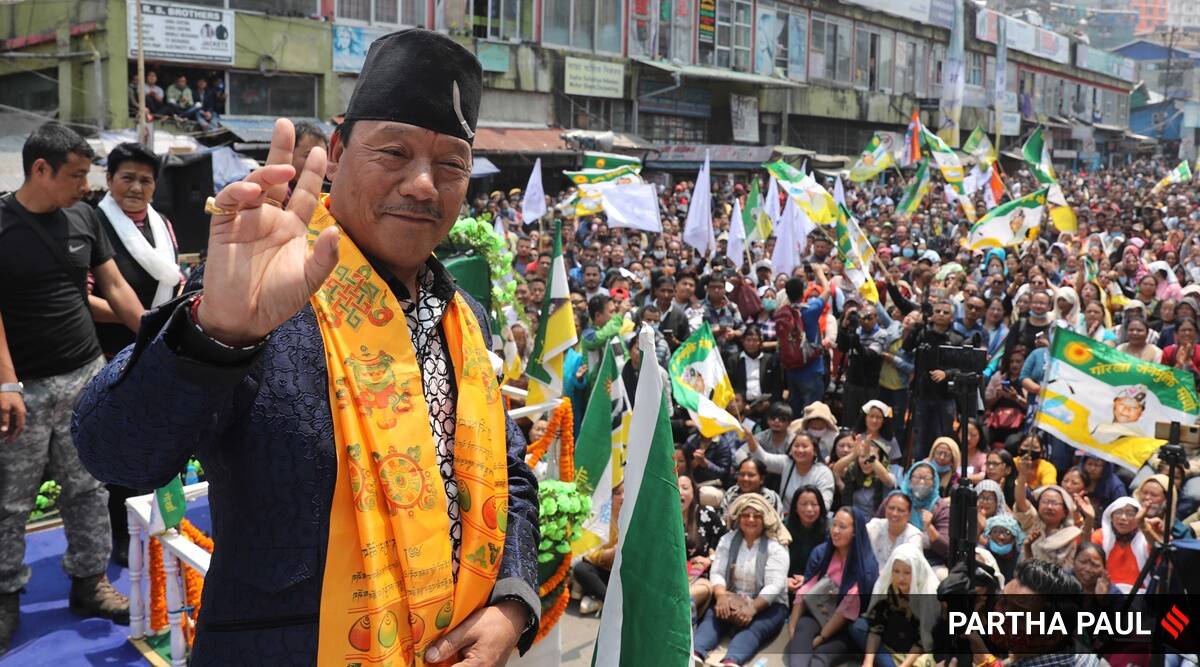
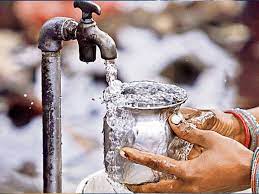
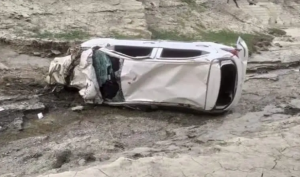
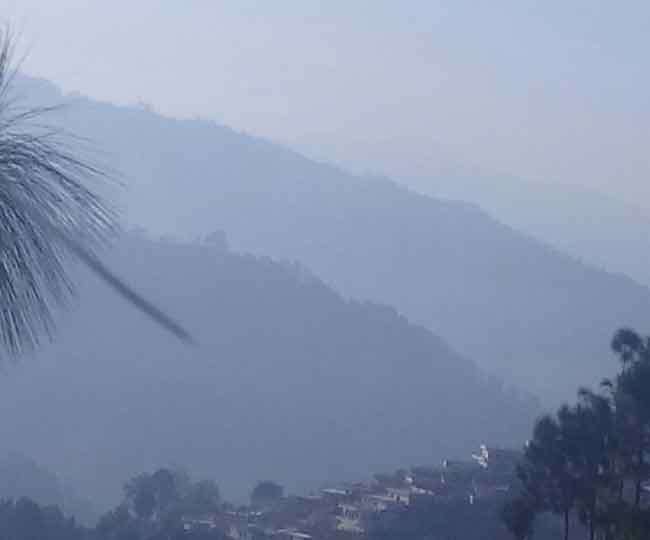
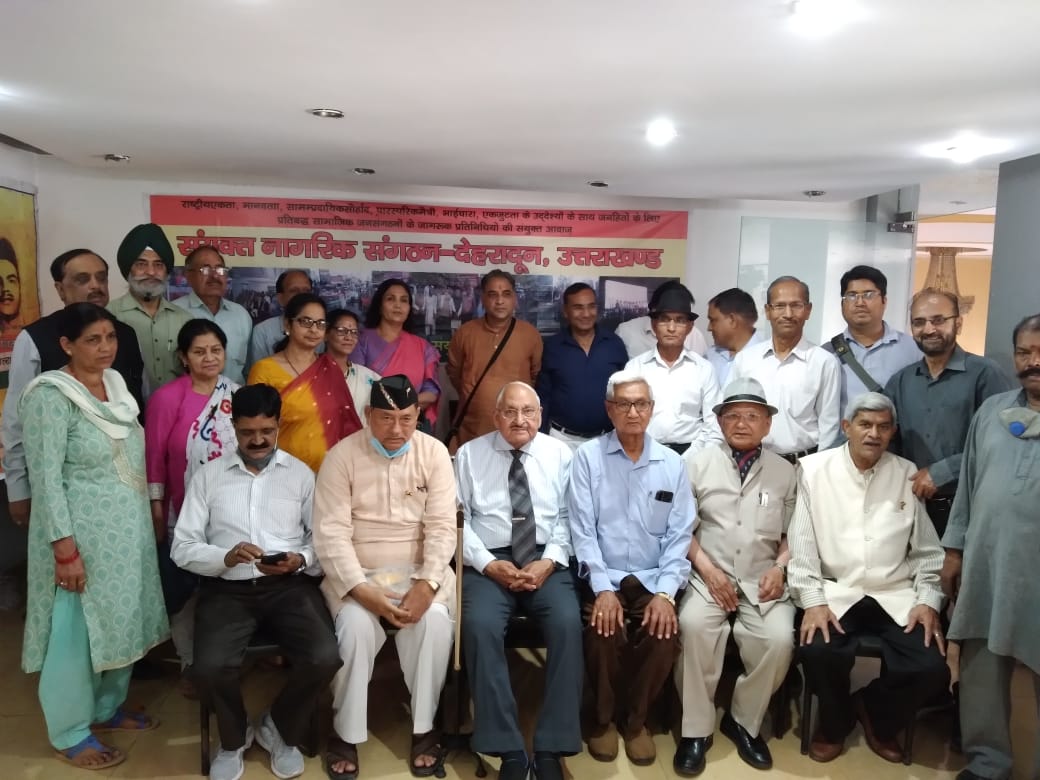
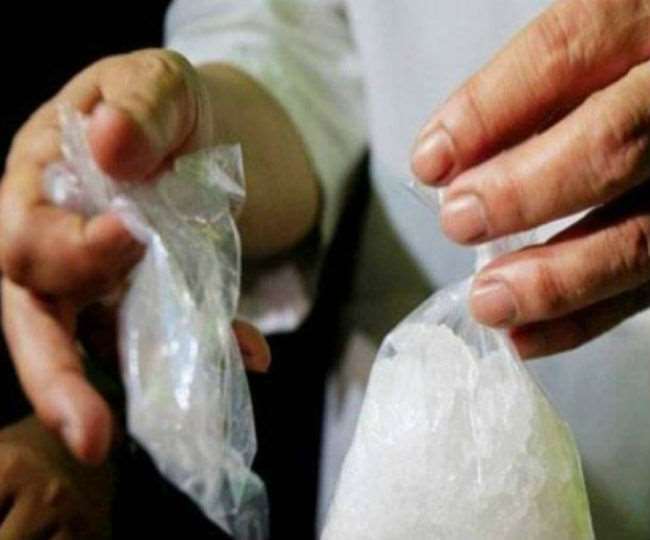

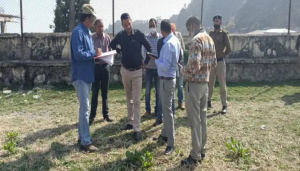
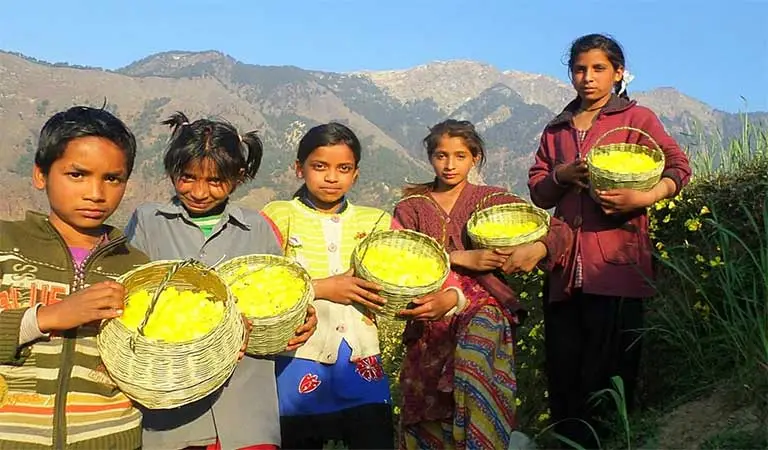
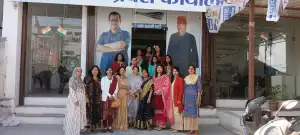
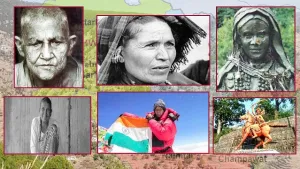




Leave a Reply